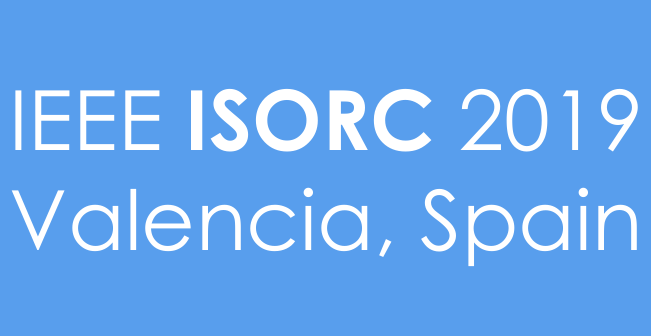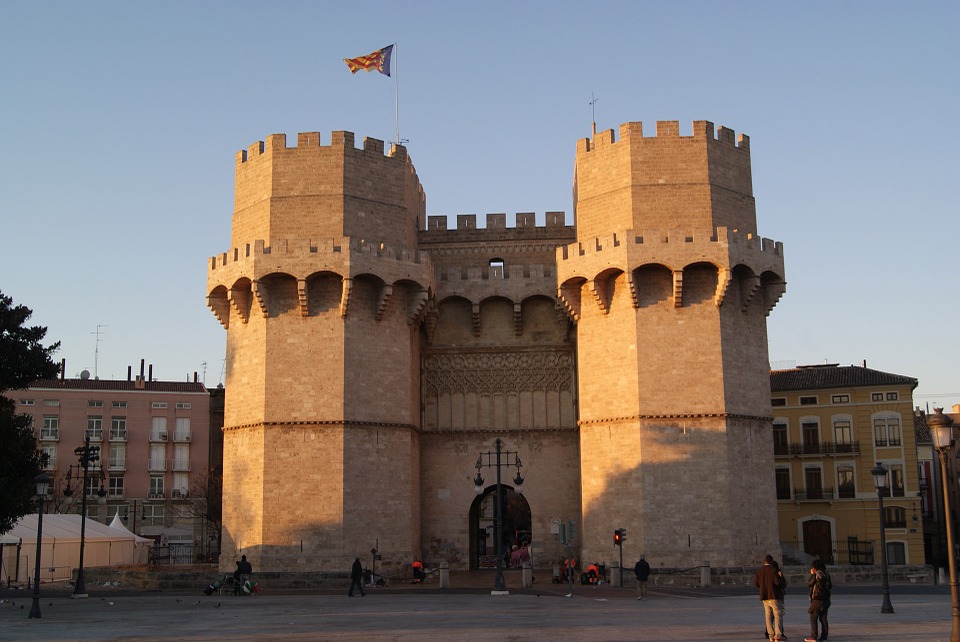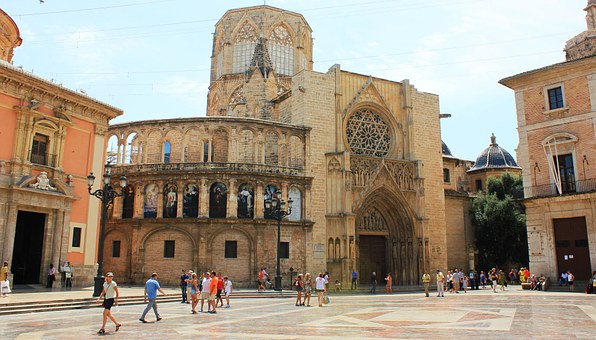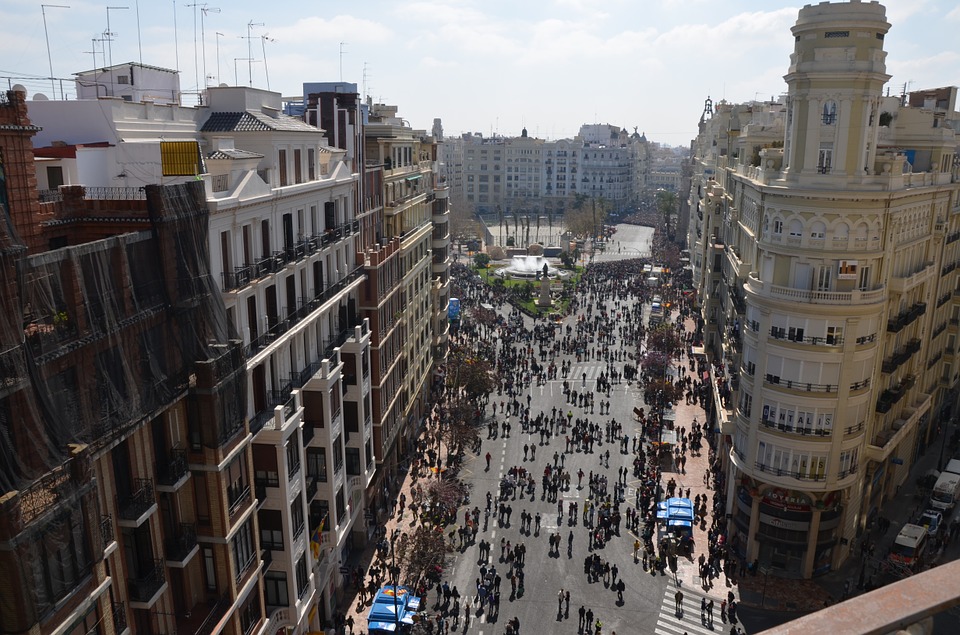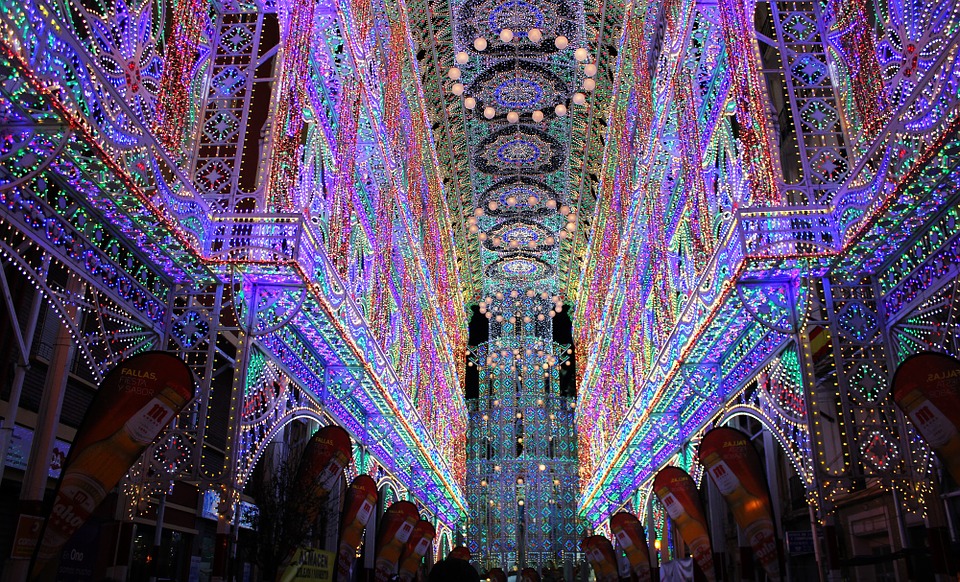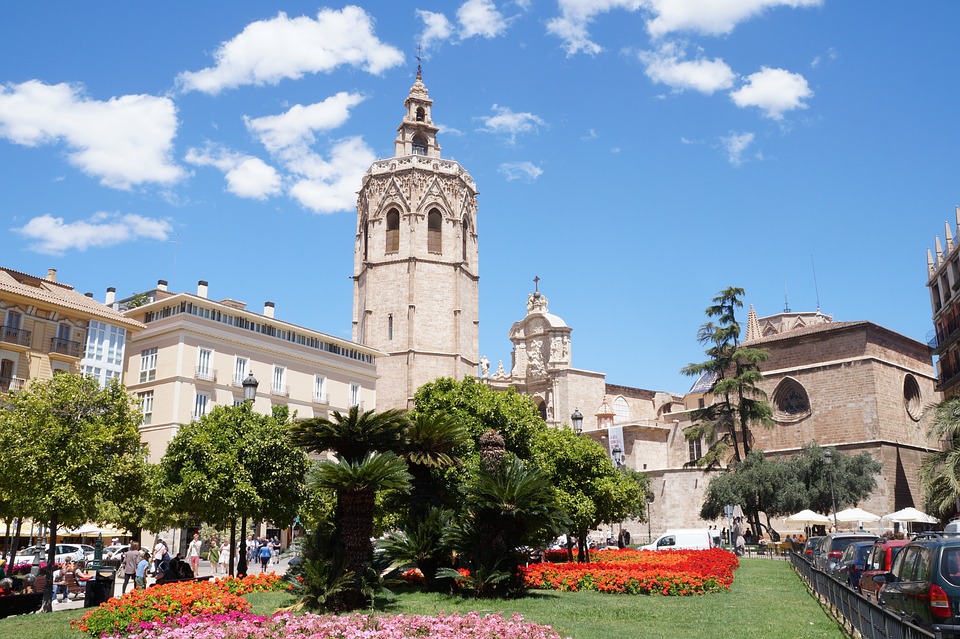For the first time ISORC will organize a special session dedicated to posters and demos, where the objective is to allow participants to show prototypes, tools, simulators, and systems, which demonstrate the applicability of real-time computing to different applications. This session will enable presenters to demonstrate their work and contact directly with potential users of their technology, fostering new collaborations and promoting the adoption of new frameworks. We would specially encourage the submission of results from finished or ongoing projects, demos of their use-cases and products.
- Applications: Medical devices, intelligent transportation systems, Industrial automation systems and Industry 4.0, Internet of Things and Smart Grids, Embedded systems (automotive, avionics, consumer electronics, building systems, sensors, etc.), multimedia processing, RT Web-based applications, real-time & high performance data analysis.
- Cyber-physical systems and Internet of Things: frameworks, middleware, systems of systems, edge, and cloud devices, 5G.
- Embedded distribution middleware middleware such as .NET, RT RMI, RT Java, UML, model-maintenance, system of systems, time-predictable systems and hardware.
- Distributed computing and communication infrastructures: real-time communication, networked platforms, protocols, Internet QoS, peer-to-peer computing, sensor networks, VANETS and V2V and V2I communication, trusted and dependable systems.
- Algorithms for Real Time Analytics: clustering and classification approaches, stream processing algorithms, real time decision tree generation and update, real time machine learning, statistical approaches. Approaches related to stream correlation and sampling.
- System software: real-time kernels and OS, middleware support for ORC, QoS management, extensibility, synchronization, resource allocation, scheduling, fault tolerance, security.
- Real-time algorithms and infrastructure support for decentralized architectures including distributed ledgers with a focus on scalability and resilience.
- System evaluation: performance analysis, monitoring & timing, dependability, end-to-end QoS, overhead, fault detection and recovery time.
Authors should submit a 1 to 2 page summary of the demo/poster in the IEEE Conference Proceedings format. The program committee will review the summaries and decide on the adequacy of the demo/poster to the conference audience. Accepted papers will be invited to submit extended versions (full paper) to a special issue of Journal of Systems Architecture. All manuscripts submitted for consideration of publication in Journal of Systems Architecture will undergo the regular peer-review process. The session will consist of two parts: (i) a short presentation session where each participant can present slides (to be collected before the session), followed by (ii) a demonstration and poster session where participants can display their work and discuss it with the attendees.
Papers are to be submitted through the Openconf system.
All accepted poster/demo paper should be accompanied by a regular registration. Each poster/demo paper will have a 2-min rapid presentation to advertise the work.
Demo/Poster Chairs
- Luis Lino Ferreira, CISTER/ISEP, Portugal
- Di Liu, Yunnan University, China
- Pedro Maló , Universidade Nova de Lisboa (UNL), Portugal
- Pal Varga, Budapest University of Technology, Hungary
- Borja Ramis Ferrer , Tampere University of Technology, Finland
- Urko Zurutuza, Modragon University, Spain
- Ricardo Severino, CISTER Research Centre , Portugal
- Jens Eliasson, Lulea University, Sweden
